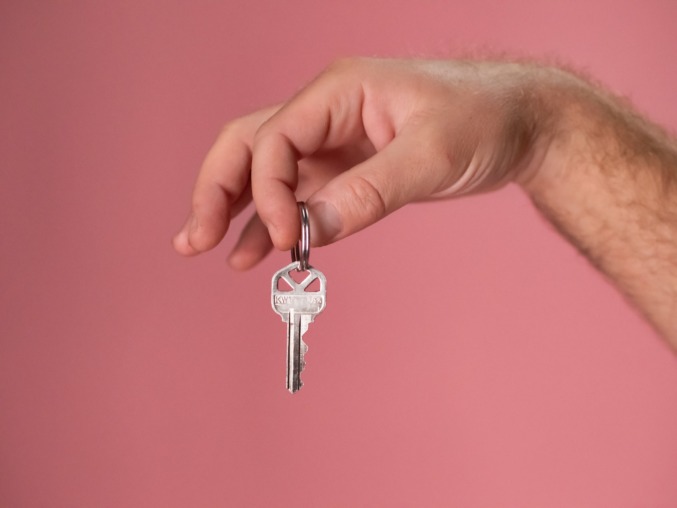Got your place at uni secured? Unsure about what to expect when it comes to student accommodation? Don’t worry, you’re not alone.
Moving out of home for the first time can seem daunting, but it doesn’t have to be. Armed with the right information and advice, you can breeze into your new student home with confidence and excitement. Here we have listed some things to consider before you make the move…
Fees and contracts
It’s likely that if you are renting private student accommodation that you may need to use a letting agent, like Beyond Lettings, who rent out properties on landlords’ behalf.
Letting agents don’t charge you just for registering, or to show you their list of properties available for rent, so you can register with multiple agents to view a full range of properties. There could, however be agency fees charged for things like credit checks, admin, and releasing your deposit. Always be sure to ask the letting agent for the charges before you commit.
Once you get your contract through, read it carefully before signing. Check that it includes how much the deposit and rent costs are, when they are due, and what is covered (e.g. council tax, utility bills). Also check for any other property rules, such as whether you’re allowed pets or not.
If there are points that you don’t understand, discuss them with the landlord or letting agent to clarify before signing.
Your tenants’ rights
The type of tenancy agreement you have and when your contract started will affect your rights – so check which type you have. Assured shorthold tenancy agreements are generally the most common type if you’re renting with a private landlord.
As part of your assured tenant contract, you have the right to stay in your student accommodation unless your landlord can convince the court that there are good reasons for eviction. This may include any rent arrears, damage to the property, or that a term of the agreement has been broken by you.
The tenancy deposit protection scheme
The deposit you pay to secure your student accommodation must be safeguarded. Therefore, landlords have 30 days from receiving your deposit to put it into a tenancy deposit protection scheme. It must remain here until the end of your tenancy in case of a dispute when you leave the property. If your landlord fails to do this, you could be entitled to up to four times the amount back if you go through a small claims court. You should receive a confirmation email or letter once the amount has been deposited into the protection scheme, so feel free to chase it up.
Tenants Content Insurance
While your landlord is responsible for the insurance of the building and the fixtures and fittings within it, protecting your own personal belongings is entirely your responsibility.
Therefore, you will need to consider taking out content’s insurance, in case of loss or theft.
Contents insurance pretty much does exactly what it says on the tin. It insures you for cost of your belongings while they are in your accommodation. Most basic student contents insurance will protect you from loss, theft, general damage, earthquakes, weather damage and water damage. Check out our Content’s Insurance article for full details.
Paying rent & bills
When you find a property, it’s worth finding out if the monthly cost includes bills or not. Some student accommodation includes all your utilities and internet, for example the accommodation offered here at Beyond Lettings.
If your rent doesn’t include bills, you’re going to need to sort out the utilities yourself, including gas and electricity, council tax, water, and broadband. You will need to locate meters when you move in and take readings at the start of your rental. You will then need to submit meter readings throughout the year, to make sure you are paying the right amount each month. If you live with a few other people, it’s a good idea to divide the bills between you and work out who is responsible for which ones. This way, no one has the sole responsibility for everything on their hands.
One important thing to note is that having a joint bills account with a flatmate will mean your credit records become financially linked. This means that if your flatmate has a poor credit history or a lot of debt, then it might affect your credit rating in the future when it comes to securing credit or a mortgage. If you want to know more about how credit scoring works, take a read of the MoneySavingExpert’s credit scores guide.

 />
/>